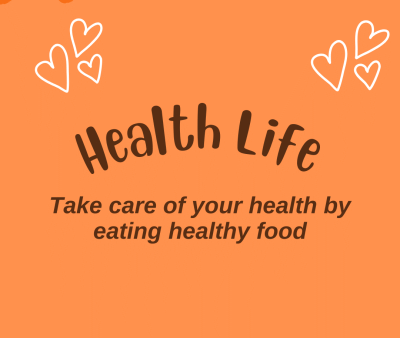Here are ten general tips that contribute to good health:
- Balanced Diet: Consume a variety of nutrients, including fruits, vegetables, lean proteins, whole grains, and healthy fats. Moderation is key.
- Regular Exercise: Aim for at least 150 minutes of moderate aerobic activity or 75 minutes of vigorous activity per week, along with strength training exercises.
- Adequate Hydration: Drink plenty of water throughout the day to stay hydrated. The general recommendation is around 8 cups of water per day, but it varies depending on individual needs.
- Sufficient Sleep: Aim for 7-9 hours of quality sleep each night to support physical and mental health.
- Stress Management: Practice stress-reducing activities like meditation, mindfulness, yoga, or hobbies that relax your mind.
- Regular Health Check-ups: Visit your healthcare provider for routine check-ups and screenings to detect any health issues early.
- Avoid Harmful Substances: Minimize alcohol intake and avoid smoking or substance abuse, as they can have detrimental effects on health.
- Good Hygiene: Wash hands regularly, practice good oral hygiene, and maintain cleanliness in your living environment to prevent the spread of germs and infections.
- Social Connections: Foster healthy relationships with friends and family. Social connections have a positive impact on mental and emotional well-being.
- Mindfulness and Mental Health: Take care of your mental health by engaging in activities that bring you joy, practicing gratitude, and seeking help from professionals if needed.
Remember, these tips are general guidelines. Always consult with a healthcare professional for personalized advice and recommendations tailored to your individual health needs.

Here are ten healthy eating tips that can help maintain a balanced and nutritious diet:
- Eat a Variety of Foods: Incorporate a wide range of fruits, vegetables, whole grains, lean proteins, and healthy fats to ensure you get a diverse array of nutrients.
- Portion Control: Be mindful of portion sizes. Use smaller plates, bowls, and utensils to help control portion sizes and prevent overeating.
- Limit Processed Foods: Reduce intake of highly processed foods, which often contain high levels of added sugars, unhealthy fats, and excess salt.
- Balanced Meals: Aim for balanced meals that include a mix of carbohydrates, proteins, and healthy fats. Fill your plate with different food groups for a variety of nutrients.
- Mindful Eating: Pay attention to your body’s hunger and fullness cues. Eat slowly, savoring each bite, and stop when you feel comfortably full.
- Hydration with Water: Drink plenty of water throughout the day. Sometimes feelings of hunger can actually be a sign of dehydration, so staying hydrated can help prevent unnecessary snacking.
- Limit Added Sugars: Reduce the consumption of sugary beverages, snacks, and desserts. Opt for natural sources of sweetness like fruits.
- Healthy Snacking: Choose nutritious snacks such as fresh fruit, vegetables with hummus, nuts, or yogurt to keep energy levels stable between meals.
- Read Food Labels: Pay attention to food labels and ingredients. Aim for products with fewer additives and minimal processing.
- Meal Planning and Preparation: Plan meals in advance and prepare healthy foods at home. This helps in controlling ingredients and portions, reducing reliance on takeout or unhealthy convenience foods.
Remember, these tips are general guidelines. What works best for an individual may vary based on their specific dietary needs and health goals. If you have any specific health concerns or dietary restrictions, it’s advisable to consult with a registered dietitian or a healthcare professional for personalized guidance.

